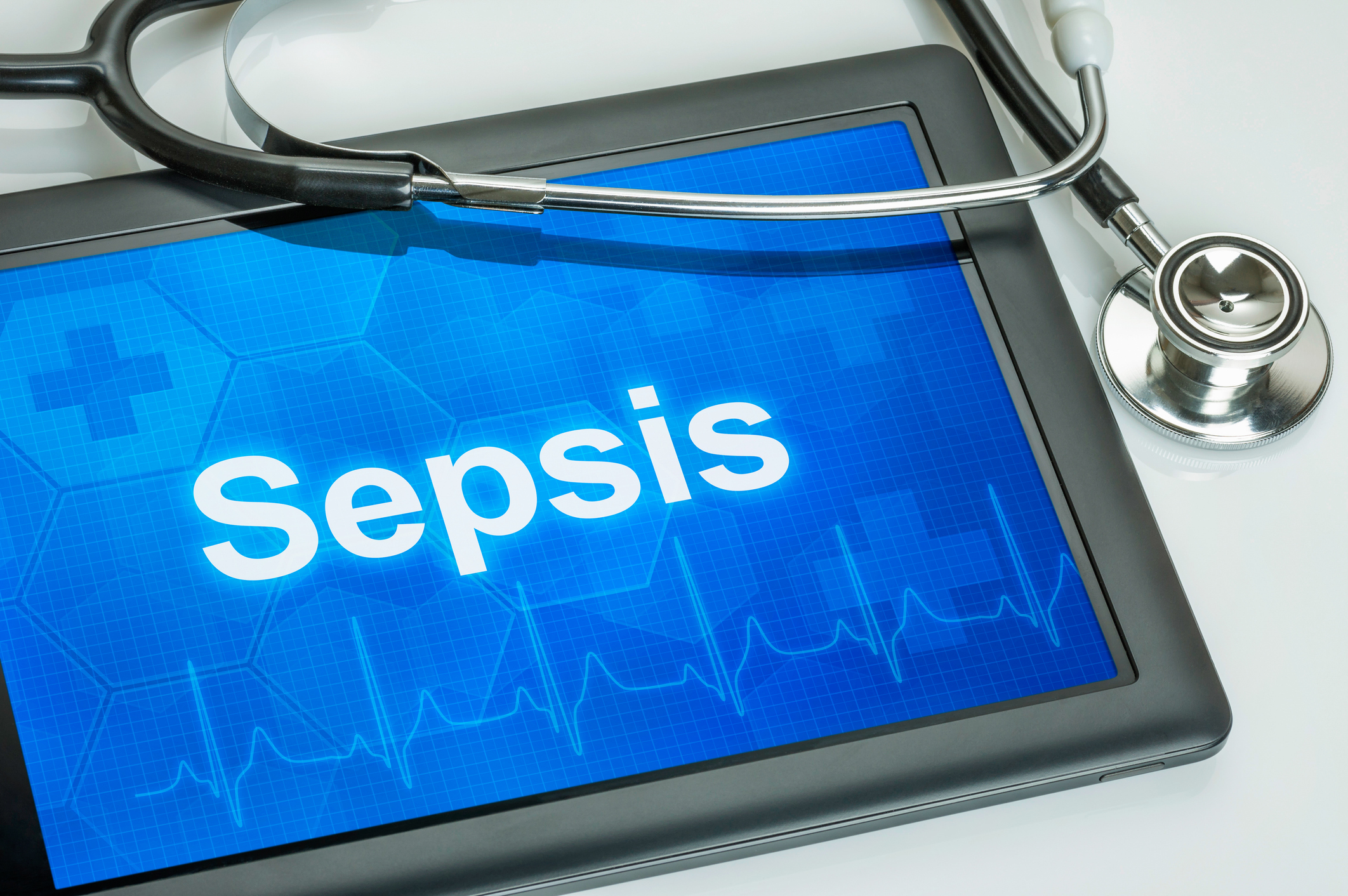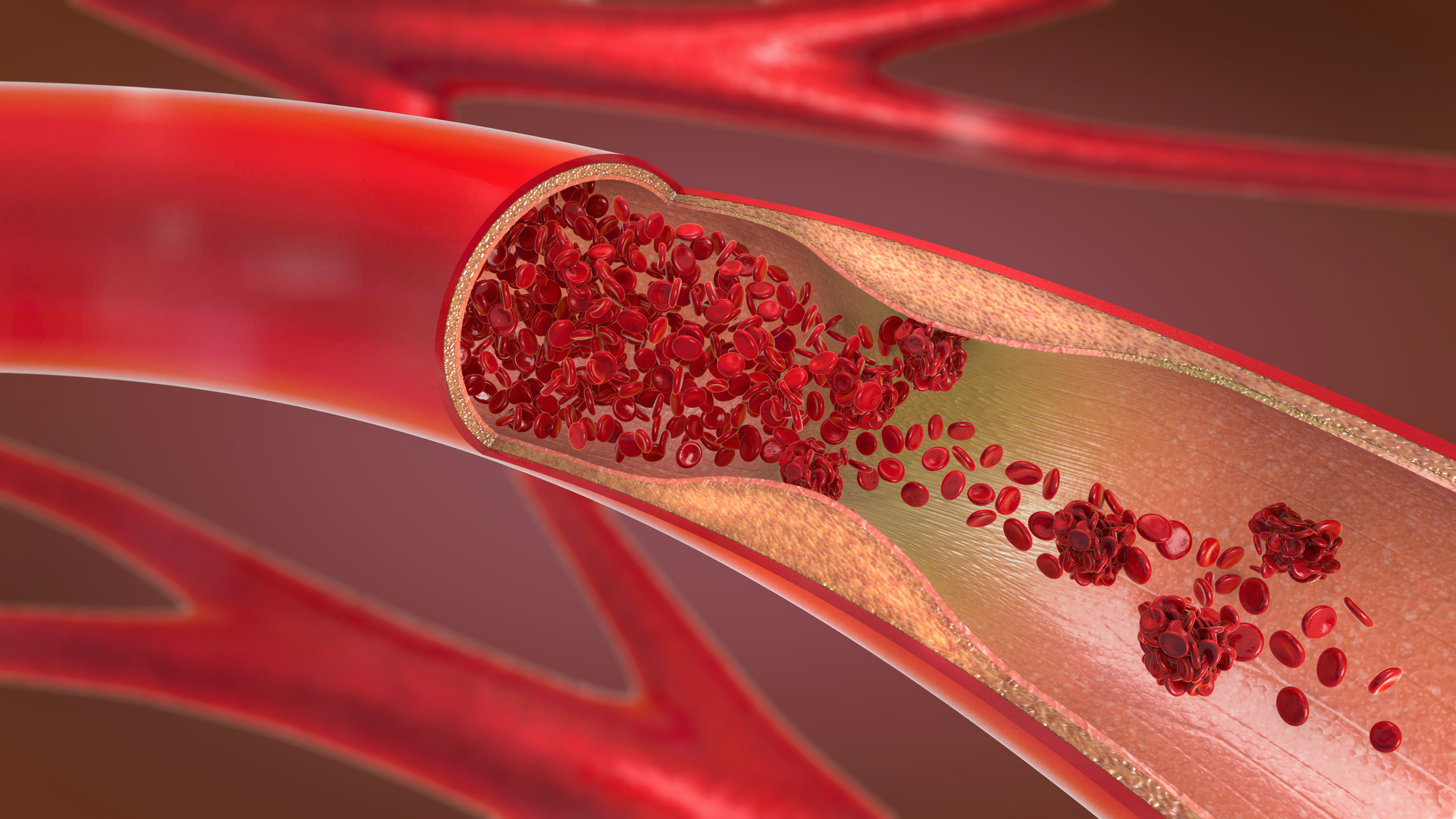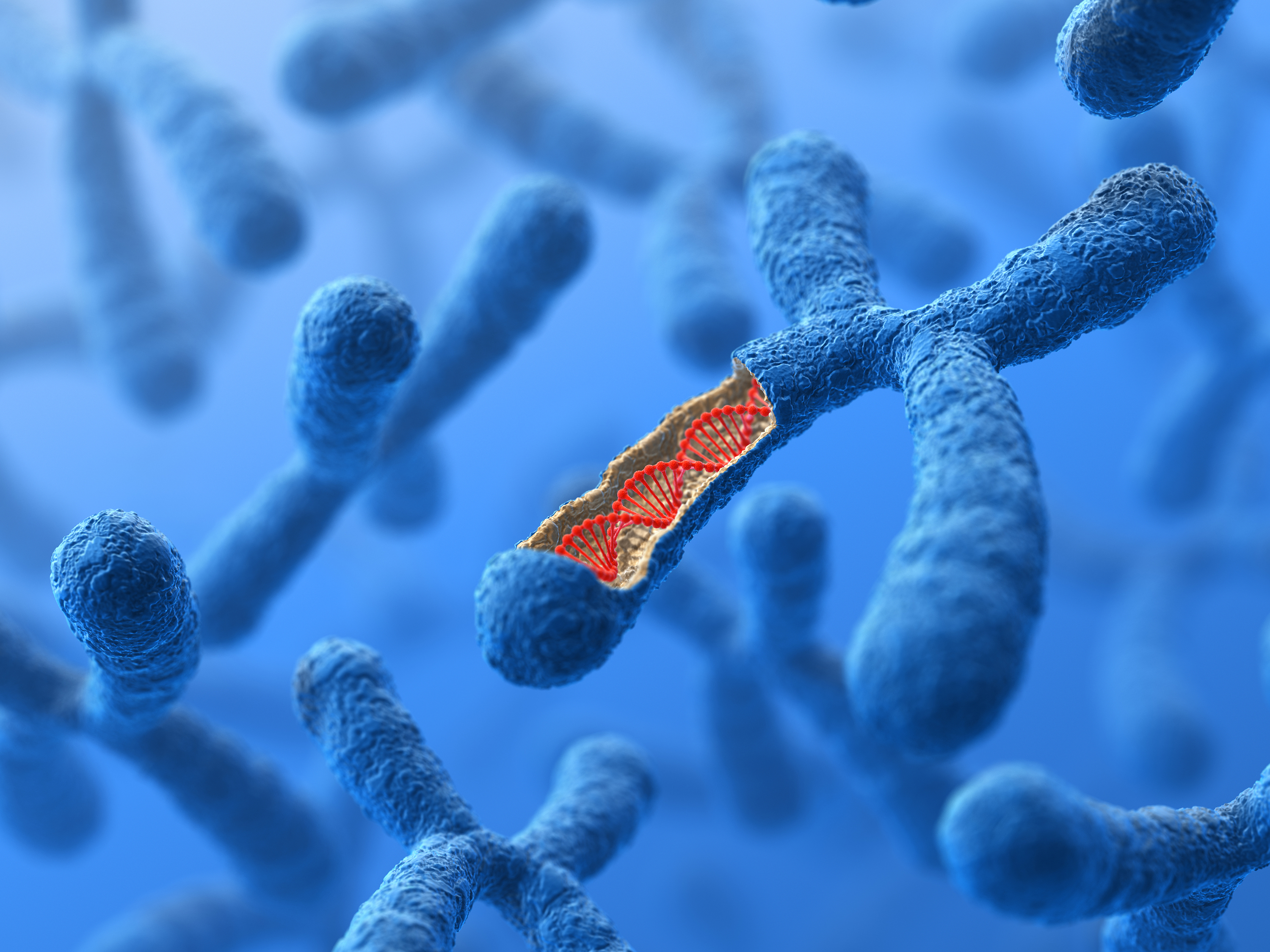CDC Helps Patients and Their Families “Get Ahead of Sepsis”
Each year in the U.S., more than 1.5 million people get sepsis, and at least 250,000 Americans die as a result. CDC’s Get Ahead of Sepsis education effort encourages patients and caregivers to prevent infections that lead to sepsis and seek immediate medical care if they suspect sepsis. Sepsis is the body’s extreme response to an infection. It is life-threatening, and without timely treatment, sepsis can rapidly cause tissue damage, organ failure, and death. Anyone can get an infection, and almost any infection can lead to sepsis. Certain people are at higher risk including: adults 65 or older; people with chronic conditions such [...]







